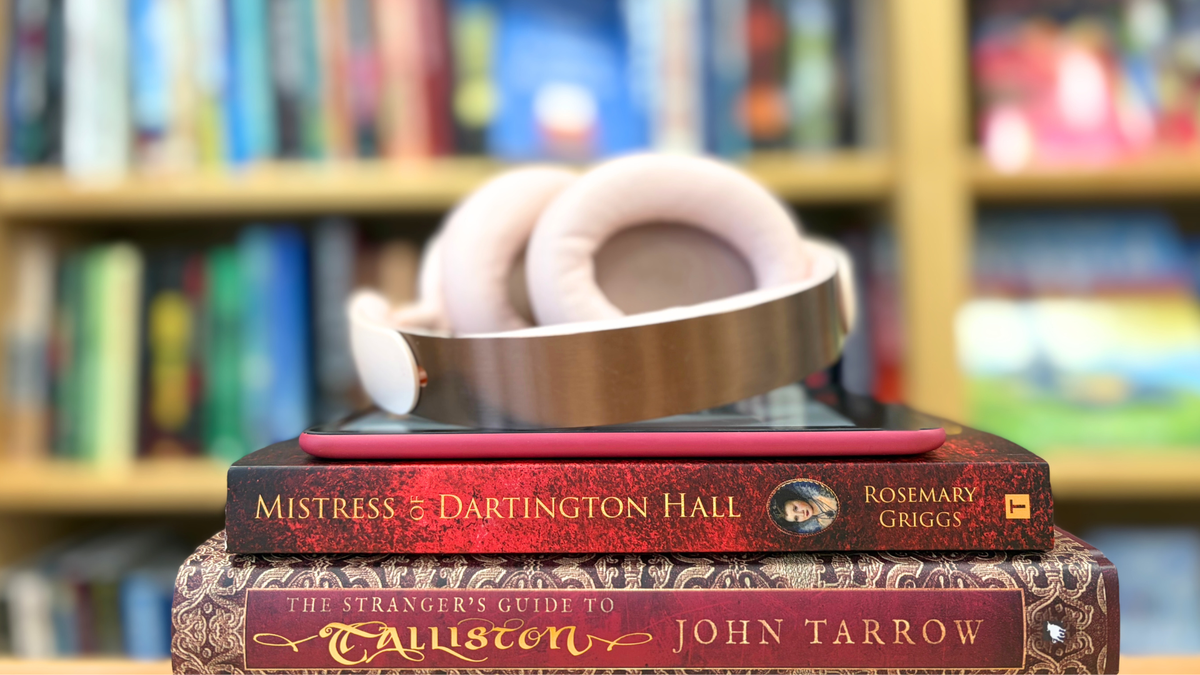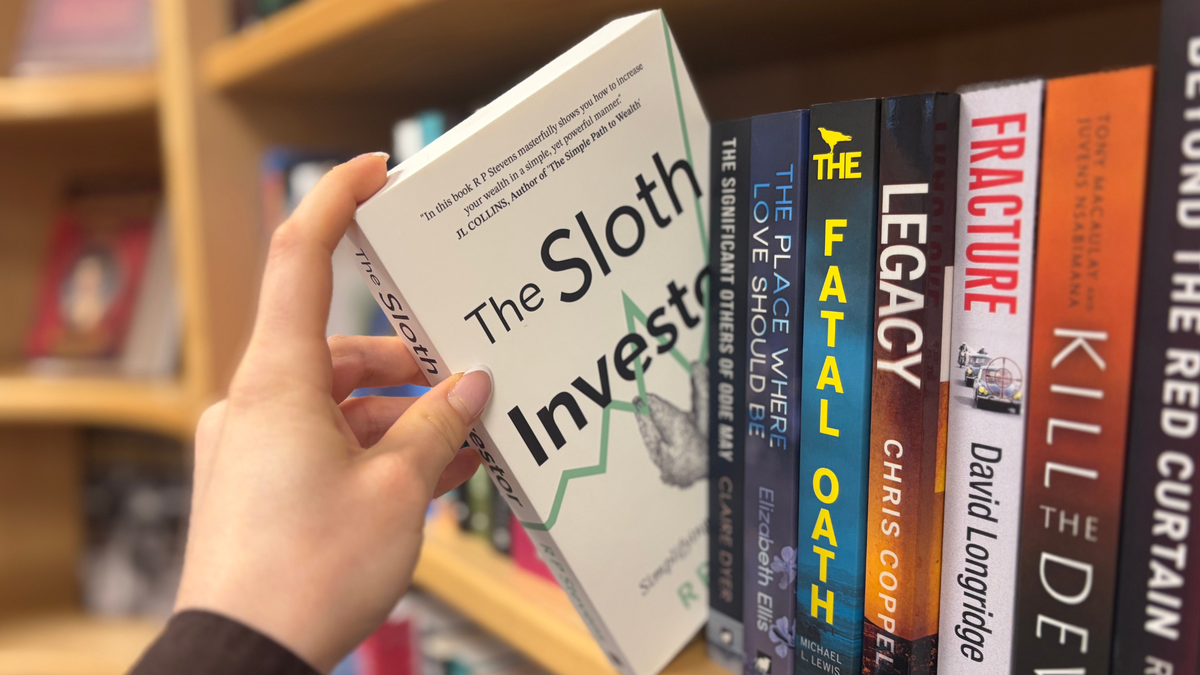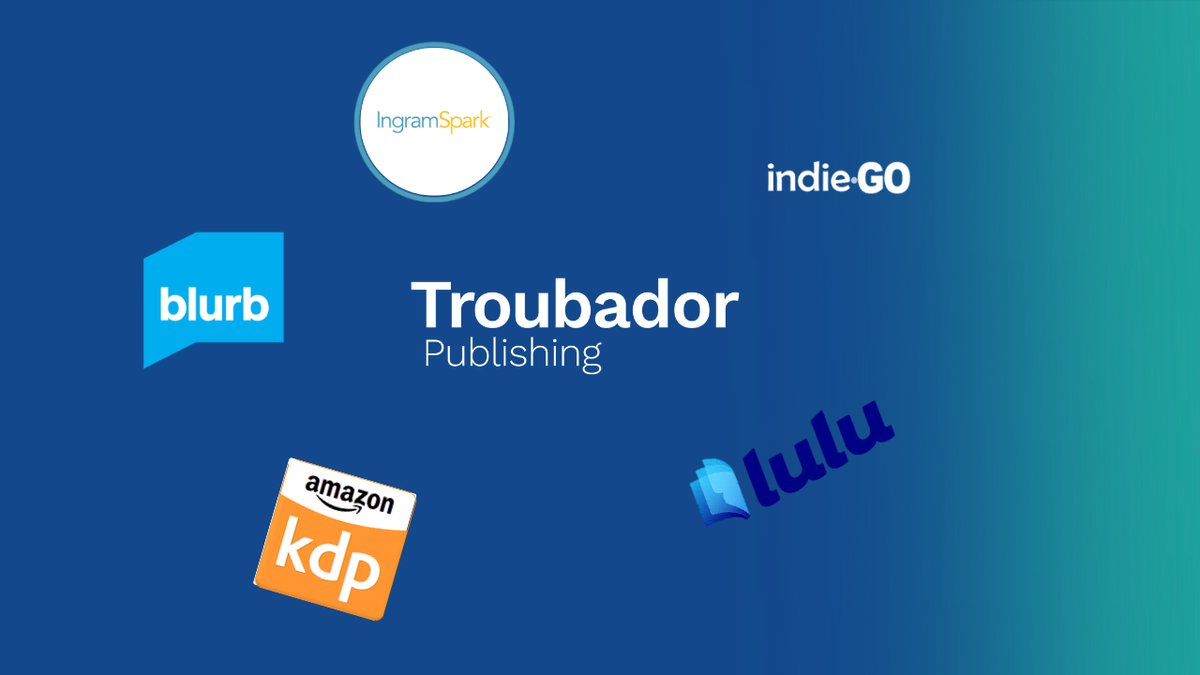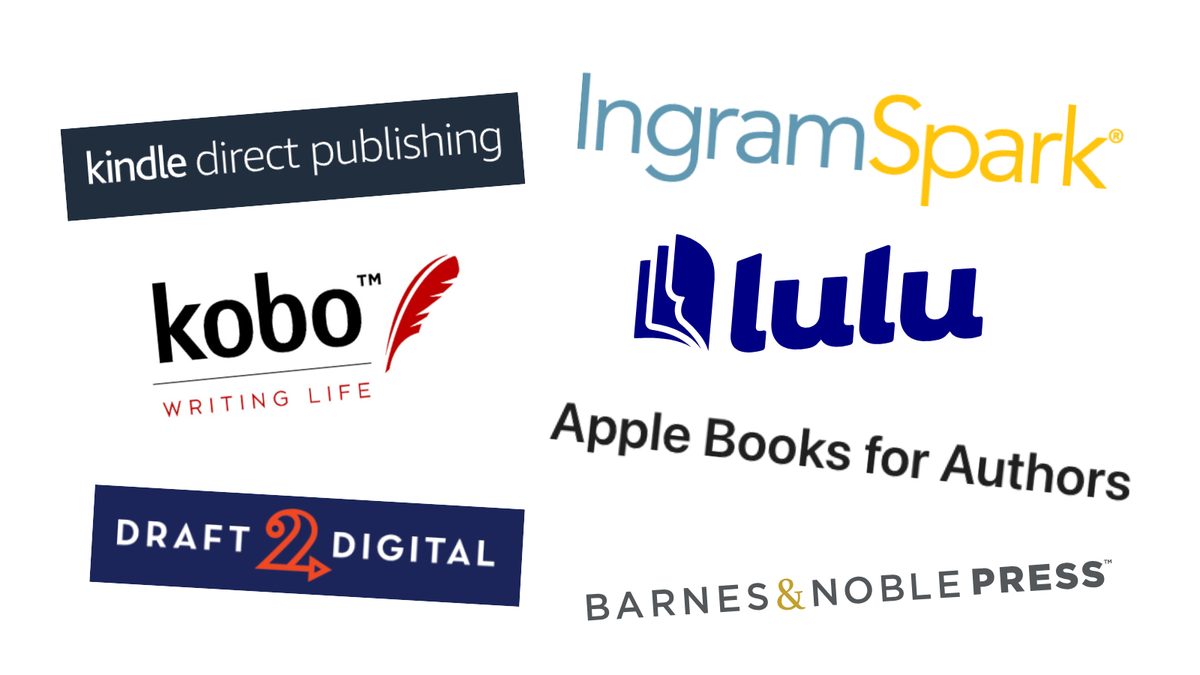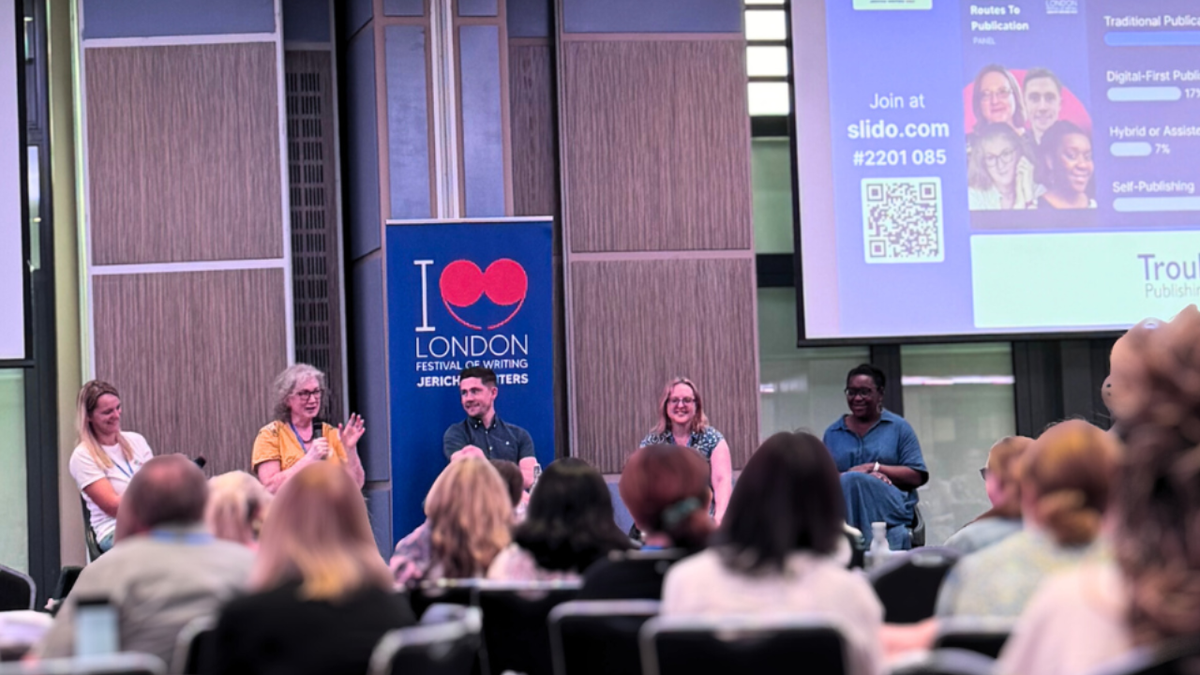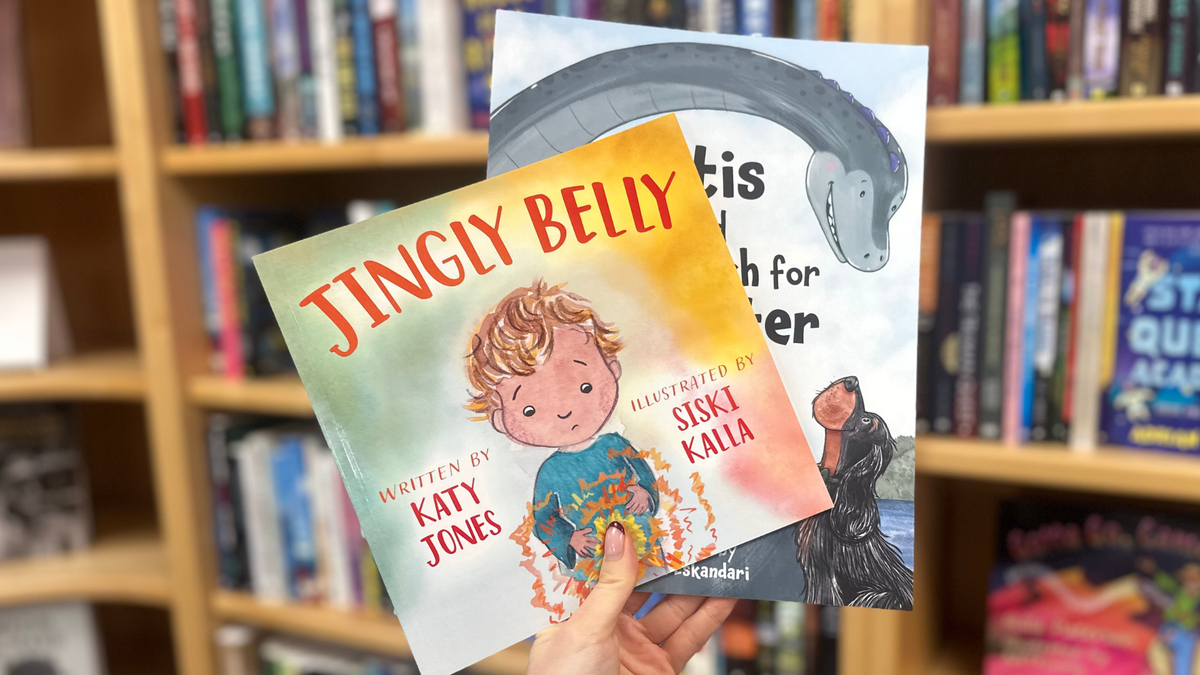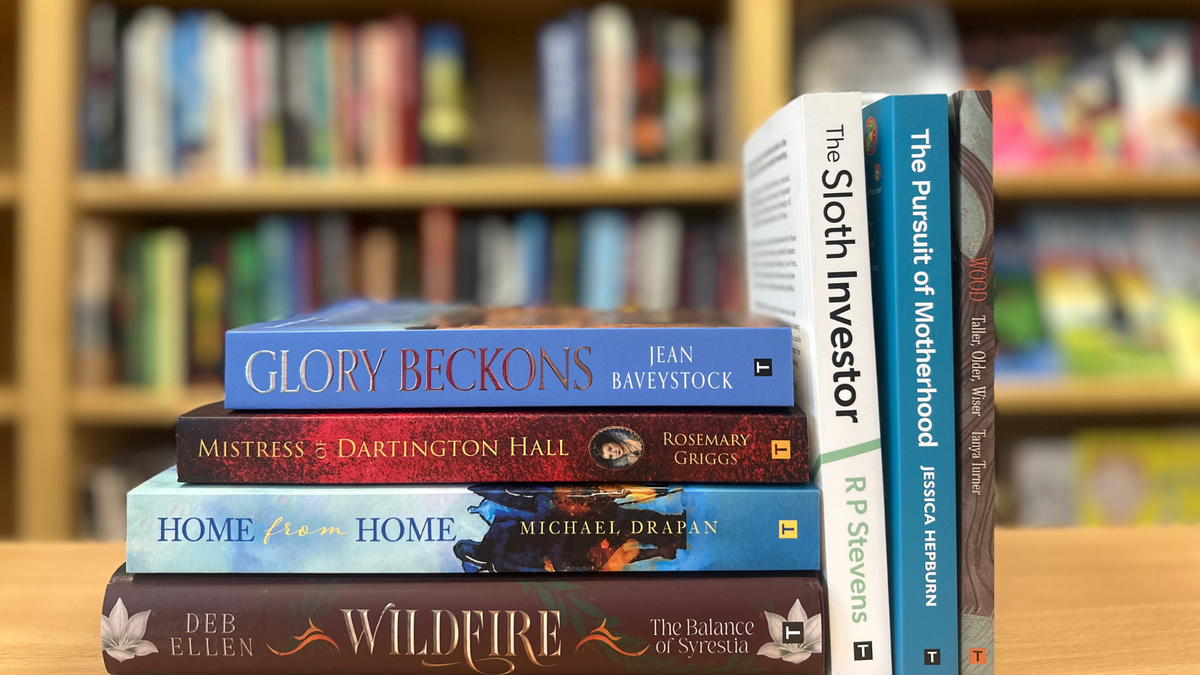
29th June, 2023
8 min read
Social Media for Writers
Written by:
Alex Thompson
Social media is a wonderful thing. It allows us to connect with friends, make new friends and build networks of like-minded, interesting people. As an author, social media gives you a way of promoting your book and your brand to the world without the need to hit the pavement, pay for advertising or rely on word of mouth. There have never been more options for how an author can use social media to enhance their author brand. The use of social media for writers is a tried and tested way for you to grow your author brand. This article has been written to help you work out how to use it to the best possible effect. While I wasn't able to cram all the information you could ever need into this one article, by the end of it you should have a better idea of how you can use social media to enhance your specific author brand.
What is an author brand?
First things first, what is a brand, and more specifically what is an author brand? The dictionary definition of a brand is 'a name, term, design, symbol or any other feature that distinguishes one seller's good or service from those of other sellers.' While that is relatively clear, it doesn't sound particularly relevant to authors and what they might want to be using social media for. So, I have tweaked that slightly to give my definition of what I think an author brand is. My version is that 'an author's brand is everything that goes into helping them and their work stand out from everything else on the market.' Still quite vague, perhaps, but more appropriate for authors. The main goals of branding for an author are:
- To help readers identify and engage with your work.
- To differentiate you from other authors. To achieve a brand that does both of these things, an author needs to ensure that their brand is recognisable at a glance and different from the other authors in their sphere. From a recognition point of view, a strong brand allows your readers to recognise your books, making it easier for your audience to discover a book, engage with it and, hopefully, buy it. However, if your brand is similar to lots of others around you, standing out from the crowd is going to be harder. With so many books on the market, you have to do something to set yourself apart and show you are unique.
By establishing a well-known brand, you become more present in the minds of your audience, which makes your products more desirable to readers. This is where social media for writers can be of huge help to those looking to build their brand.
What is social media and how does it enhance your brand?
Social media is using public communication channels to engage your known audience. They are tools that anyone can use to speak directly to the people most interested in who they are and what they have to say. Hundreds of tools, apps and platforms technically fit into the social media category, but 5 main tools are used by authors to the best effect:
● Twitter (now known as X)- is typically used for sharing news, events and snappy updates. The characters count for each post meaning that users need to condense their message into short, snappy snippets.
● Instagram - founded as a picture-sharing tool, this is still where Instagram is strongest. As it looks to diversify itself and keep up with competitors it has released other features like videos and shorts, but imagery is still where Instagram excels.
● Facebook - the sister company of Instagram (they are both owned by Meta), Facebook is best placed for long-form content focusing on your personality and your books. Facebook users are among the most engaged on social media.
● TikTok - the new kid on the block, TikTok was built and still prioritises short video content. Perfect for book reveals, conversations between people and – fun!
● LinkedIn - the most 'serious' of all the platforms on this list, LinkedIn has typically been very 'business' focussed, but that has not stopped authors, especially those with business-focused books, from using it to expand their network. It is perfect for long-form content (you can even host your blog on it now), author news and event promotion.
So, we know the most common social media networks that people, and therefore authors, use. But this is not an exhaustive list, in fact far from it. Whether it is one or more of the 5 mentioned above or another channel not mentioned, social media gives an author access to an audience that they would typically not have access to without it. This makes it exceptionally good to spread a message far and wide and get people to pay attention.
First and foremost, social media allows writers to tell their own stories and control the narrative that they want. Whereas you may have had some coverage in a magazine, been on a radio show or been on a panel at a writing event, social media allows you to write, post and promote whatever you want however you want to. A powerful weapon for an author. This allows you to be able to demonstrate your personality, one of the most powerful weapons in an author's arsenal, and connect with the audience on a personal level that you control. Next, it is a way of being able to grow the audience that you have access to – for free.
Social media, unless you buy the blue tick on X (formerly Twitter) (and the less said about that the better!) or use paid advertising is completely free. If you approach it right, an author using social media can build an audience in the thousands in a relatively short space of time, all from home and all without any cost apart from time. As well as growing your audience, it allows you to build a relationship with them. Whether that is showing them your writing habits, engaging with what other people are doing or revealing your exciting new book, the more you use your profiles to engage with people the more you will build relationships with them. And that, in turn, increases your brand awareness. The more people that connect with you, know you and pay attention to you, the greater your brand visibility and the more you stay top of mind for those people. As well as talking about yourself, which is of course very important, social media allows an author to engage with others and help them have a more enjoyable experience with their time using it. By tracking what your audience enjoys by seeing what they post about, interact with and have conversations that they engage in, you can learn what it is that they are interested in, weave that into your strategy and you'll see even more engagement from that audience.
Sharing knowledge and helping educate those on social media is a sure way to make them see you not only as a talented author with a great book that they should read but also as an interesting person with similar interests and values. All of this is part of your author brand and crucial to your audience engaging with you and your work. And finally, social media provides you with a promotion opportunity. Whether you have an ebook only or have opted to go for paperback, hardback and digital versions of your book - read more about multiformat publishing in our article - you have an audience that is engaged and will see the content you post which therefore provides a platform to promote yourself and your work.
That includes events too, another way that social media can benefit an author with event promotion often being something an author has to pay for. All of the above distils down into three ways that social media enhances your brand:
- Visibility - Whether it is discovering an author or book for the first time or keeping track of their work over the long term, social media gives you visibility to your audience
- Engagement - Allowing your audience to engage with you directly as well as receive engagement from you in return
- Personality - Social media is the best way for you to be able to communicate your unique personality to your audience
Starting with a killer profile
The first place to start with your social media presence is your profile itself. If you haven't yet got a profile, you have an opportunity to create something from scarce that enhances your brand from day 1. If you do already have the profiles you need, take some time to review them top to bottom, and be critical. If the platform you are using supports it, use imagery where you can. A good, eye-catching banner design engages a visitor to your profile right away. Imagine that this banner is the only thing that they are going to see. Does it tell them everything they need to know about your book, yourself and your brand? If not, think about revising it. Your profile picture is the same. Your profile picture will sit alongside everything you do on social media, whether that is a post you have created, a like you have given or a comment you have shared. So, you need to ensure that your profile picture is friendly, professional and appropriate for your author brand. We all love our dogs, but perhaps using your lovely labrador as your profile picture is not quite the brand you want to portray to your readers.
Your name, handle or page title are crucial for those that land on your page, but equally important for when people want to tag you. If your Twitter handle is @happyguy23 then, if someone tags you in their post, readers of that post have no idea who you are or why you are interesting. However, if your handle is @SteveJ_Author then suddenly the viewer will be more likely to click on you to see who you are and what you write about. The easy rule to remember is to make your name or handle as close to your author name (be that your actual name or pen name) as possible. And finally, the details of the page itself. You have done everything above really well and encouraged someone to visit your profile to read more – great! But when they get to your page you have roughly 10 seconds where they will decide whether to follow you, read one of your posts or leave. In those ten seconds, you need to tell them why they should be following you and why you are interested. Ensure your description is clear, interesting and fun. Make sure that your details like location and your website are added for people to relate to you more or read about you further. If you have any posts that you think are particularly compelling for browsers, pin them to the top of your profile so that visitors can see your most interesting content first.
With everything on your profile, there are three key things to bear in mind:
- Personality - does your profile portray your personality as you want it to?
- Detail - is there enough detail on your profile to keep a visitor engaged? 3
- Interest - have you got enough on your profile to interest your target audience?
Now you have a killer social media profile. Great stuff. Next, you need to use that profile to enhance your author brand - so read part 2 of our blog about making the most of social media.


